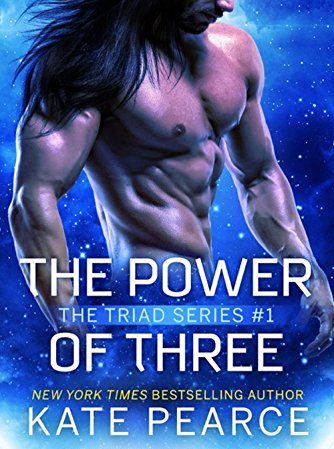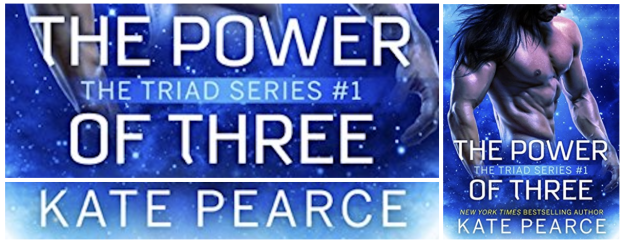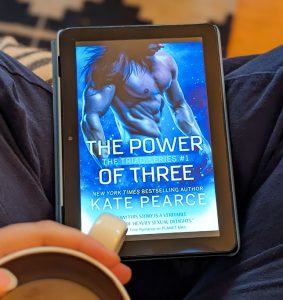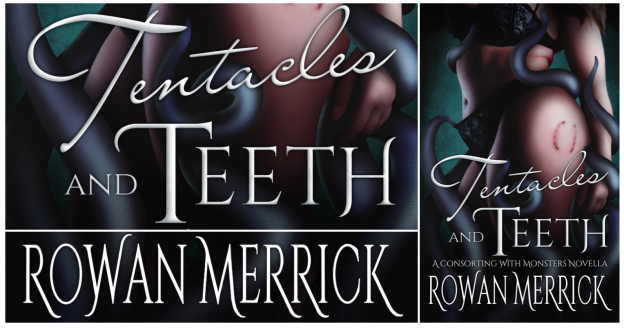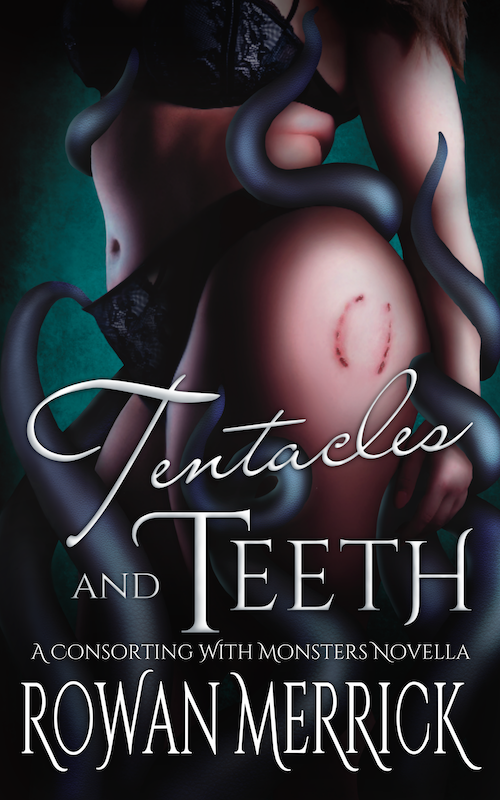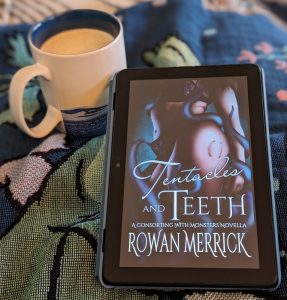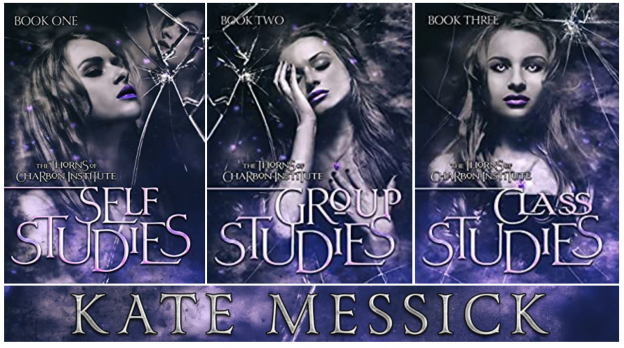Kate Messick contacted me about reading/reviewing her The Thorns of Charbon Institute Series (Self Studies, Group Studies, and Class Studies). I agreed to read book one and, if I liked it, continue to the other books. I ended up reading all three. I did take notes for individual reviews, but I think I’d rather write one for the series as a whole instead.
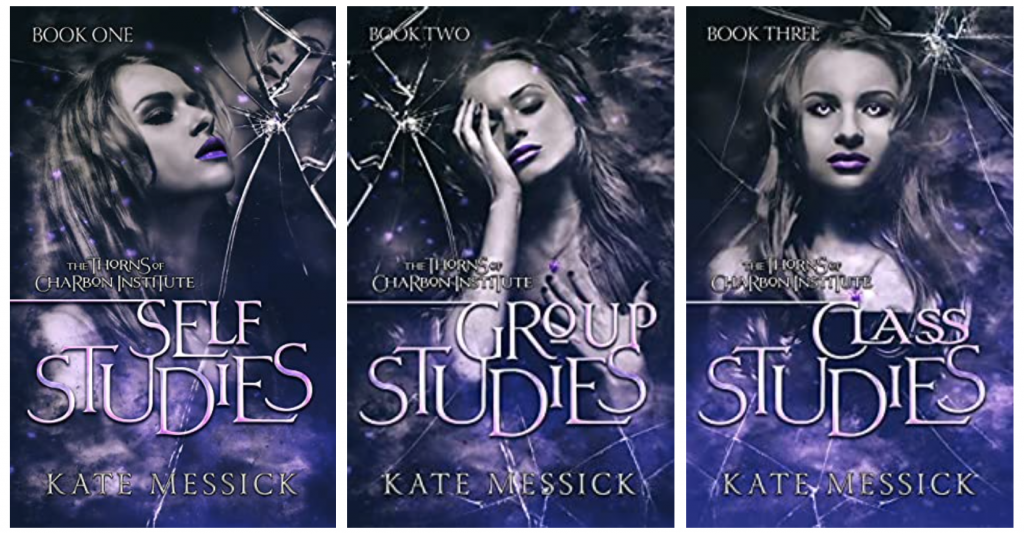
I knew nothing but the touch of my master until the Magical Authorities killed him and set my world on fire.
Now, I’m a prisoner at an institute stressing students beyond their limits.
I’m a sorceress who can’t access her magic and wanted by wickedly handsome mages who all have their own agenda.
I spent my life following directions. Now I can make my own decisions, I don’t know the right ones. Why is saying ‘no’ so hard?
With the administration judging every action I take and weighing them on their uneven scales of morality, I must come to terms with my darkness to survive and, if I’m lucky, even gain my freedom.

On the whole, I enjoyed this series. I binged all 3 books in about 4 days. I liked the heroine and all her men. Each managed to have a distinct personality, which isn’t always the case when authors write such a large grouping. (Beryl was my favorite. How could he not be?) And the writing is smooth and easy to read. (Though there are a few editing mishaps and they increase as the series progresses—more in book 2 than 1, and 3 than 2. But nothing too disruptive. I noticed them but kept right on reading.)
 All in all, I have more good things to say than bad. But I do have a few complaints, most of which are subtle and therefore not brief to explain. None of them were deal-breakers for me, though (or I wouldn’t have read the whole series).
All in all, I have more good things to say than bad. But I do have a few complaints, most of which are subtle and therefore not brief to explain. None of them were deal-breakers for me, though (or I wouldn’t have read the whole series).
My biggest is how very focused on Aphrodite’s sex the book is. Now, I don’t mean the number of sex scenes or anything like that. I just mean the way she is largely reduced to her sexuality over and over and over again. The thing for me is that this is what has happened to women for so much of history. History has painted us as mindless slaves to our urges (and this has been used to both villainize and victimize us).
Messick definitely falls into this tradition. Both in making Aphrodite almost mindless with lust for a large part of the series and (for me, more notable) making every man (both those she wants and far too many others) pant for her. There is a long-standing history of sexual abuse, starting in childhood, attempted rapes (plural), threats of sexual violence, groping, leering, more than one attempted kidnapping with rape as one of the intended outcomes, etc. Then there were the other people calling her a slut and such. Just too much of the story revolved around Aphrodite as something to have sex with, rather than Aphrodite a person for my comfort. Not only for any sort of high-brow reason but also just because I got bored of it. I was especially sick of Ram and Alrick by the end. (Though I’ll also acknowledge that overcoming some of this was one of Aphrodite’s points of growth.)
 None of this was helped by the way sex scenes were almost exclusively focused on what the men were doing TO Aphrodite. Sometimes what they were telling each other to do TO Aphrodite. She often didn’t feel like an ACTIVE participant. By the end, when we had all five men involved at once, she might as well have been a blow-up doll for all she seemed involved as anything other than something for the men to move, manipulate, affect, dump into, etc. Unfortunately, I don’t encounter this infrequently. It’s fairly common, actually. And while I noticed it, Messick wasn’t any worse than some of those other author’s who write sex scenes this way.
None of this was helped by the way sex scenes were almost exclusively focused on what the men were doing TO Aphrodite. Sometimes what they were telling each other to do TO Aphrodite. She often didn’t feel like an ACTIVE participant. By the end, when we had all five men involved at once, she might as well have been a blow-up doll for all she seemed involved as anything other than something for the men to move, manipulate, affect, dump into, etc. Unfortunately, I don’t encounter this infrequently. It’s fairly common, actually. And while I noticed it, Messick wasn’t any worse than some of those other author’s who write sex scenes this way.
Similarly, Aphrodite is told over and over again like calls to like, power calls to power. For a lot of the early part of the series, there is a definite sense that most of her men love her for what she is, not who she is. They have explosive sex, and the men ‘fall in love,’ but there is no sense of knowing or liking one another. They have sex once and are hooked. Which, again, reduces Aphrodite to a sexual object, not a person.
And almost all of those rather long paragraphs can be reduced to the book is full of the patriarchal view of sexuality and male-gaze of the female sex. That’s my biggest complaint.
My biggest compliment is just how *Chef’s Kiss* wonderfully Messick shows Aphrodite’s personal growth. The way she learns to recognize and come to terms with all of the ways Damon victimized and controlled her, the ability to hold contradictory and confusing feelings about a victimizer, growing a backbone, and started to stand on her own. Honestly, this is well done over the course of the series.
I also liked the way not all of Aphrodite’s men fell in love with her and were instantly on board for the whole peaceful harem situation. There were personality clashes, cliques, likes and dislikes among them. Some were open to pairings, others weren’t; some were open to activities, others weren’t; some were open to trying new things, others weren’t; some liked each other more than others. It made for a more interesting group.
 I did think that by the end of the 3rd book, a lot of the plotting felt same-same. I mean, the broader plot of books 2 and 3 were almost exactly the same, even utilizing some of the same bad guys. Then there was a 3-year gap and a happily-ever-after epilogue that felt random. Other than the harem (that’s the term they use in the book) having formed, there was nothing to distinguish the end of book 3 as the end of the series any more than the end of book 2. Messick could have written 6 more books before coming to the same epilogue point. It felt arbitrary.
I did think that by the end of the 3rd book, a lot of the plotting felt same-same. I mean, the broader plot of books 2 and 3 were almost exactly the same, even utilizing some of the same bad guys. Then there was a 3-year gap and a happily-ever-after epilogue that felt random. Other than the harem (that’s the term they use in the book) having formed, there was nothing to distinguish the end of book 3 as the end of the series any more than the end of book 2. Messick could have written 6 more books before coming to the same epilogue point. It felt arbitrary.
All in all, however, any other complaints I have are minor (occasional clunky dialogue or clichéd speech pattern for a side character, for example, or the lack of non-cliché, fleshed-out female characters outside of Aphrodite) and basically not worth mentioning. I’d certainly read another Messick book…or series
Other Reviews:
Self Studies by KATE MESSICK (Book Review #1245)
